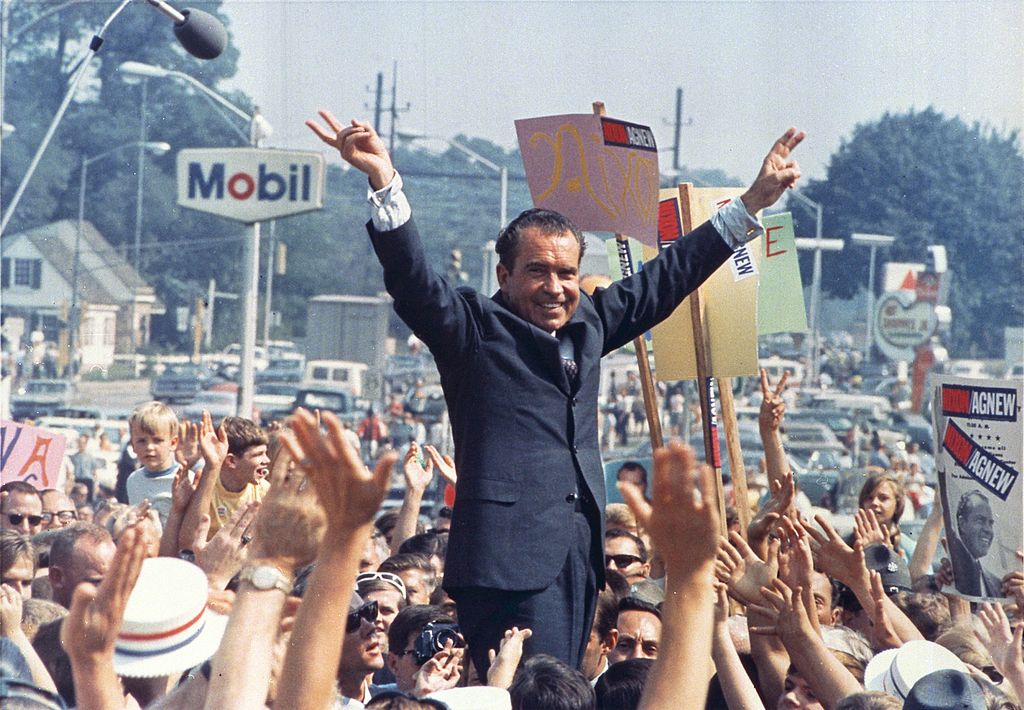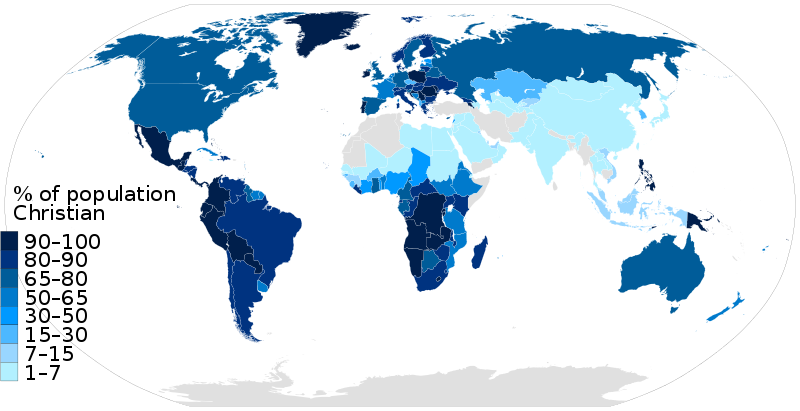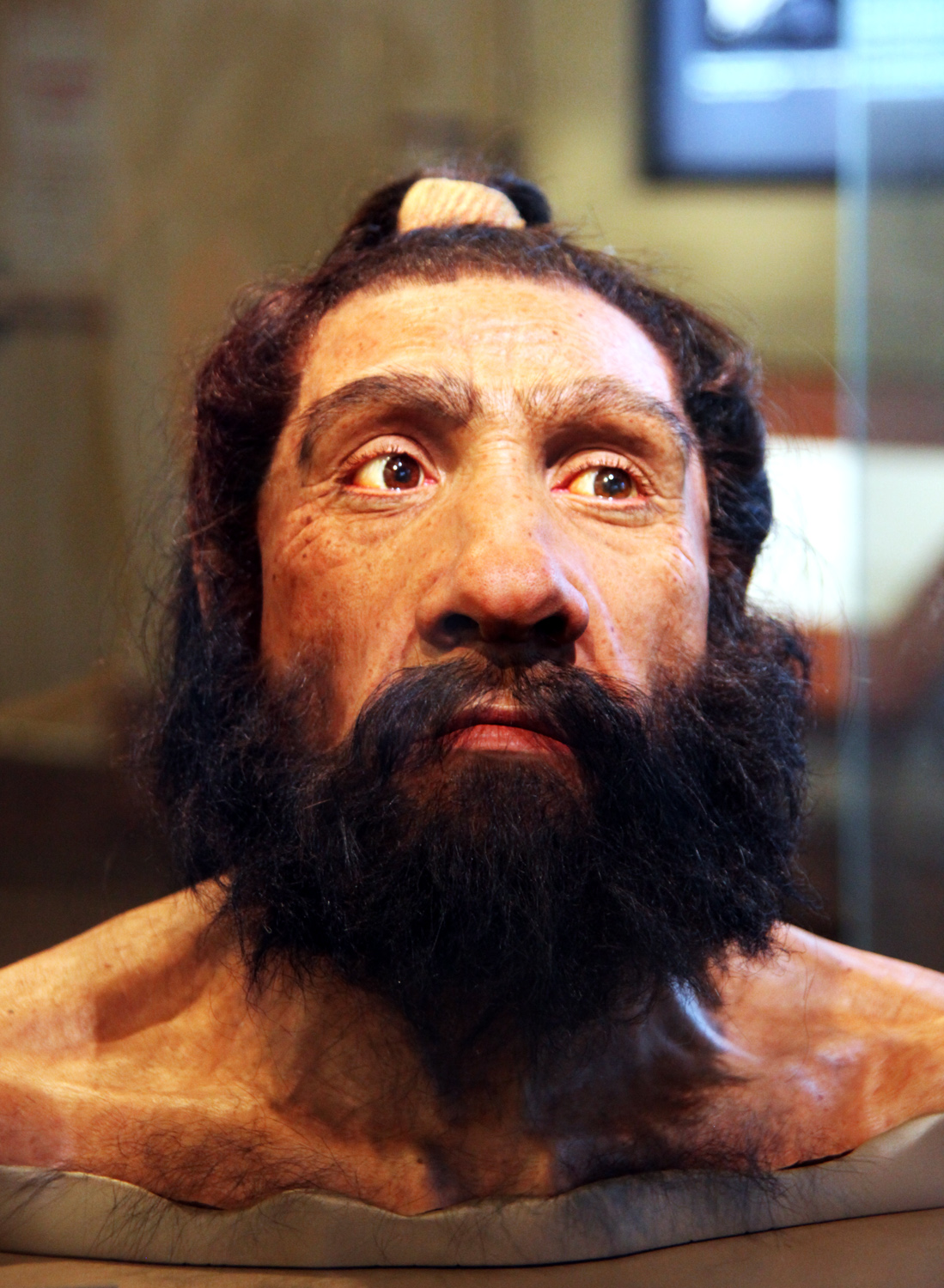Basic Income Earth Network (BIEN) defines a universal basic income (UBI) as “a periodic cash payment unconditionally delivered to all on an individual basis without means-test of work requirement.” Subtle variations exist in how the scheme should be delivered, but the key features are that it should be universal, unconditional and paid on an individual basis Often considered a recent phenomenon, the idea of UBI has persisted for hundreds of years, discussed and advocated across the political spectrum. Why then, does it still seem so radical? Is Universal Basic Income Socialist? The fact that contemporary entrepreneurs and business leaders such as Richard Branson and Elon Musk have come out in support of UBI points to the idea being far from an immanently Left-Wing one, despite its popularity on that side of the political spectrum. Taking the Merriam-Webster definition of socialism as economic and political theories “advocating collective or governmental ownership and administration of the means of production and distribution of goods”, it becomes clear that UBI isn’t socialist. It would function in a capitalist system and is being tested in countries within that system. A redistribution of wealth is of course intrinsic to a universal basic income, but not government or community ownership of the means of production. UBI isn’t an intrinsically Left-Wing idea. As we’ll see below, its history isn’t even a predominantly radical one. It was only in the 1970s, 1980s and 1990s that it seemed to fall away from mainstream discourse. The Cure for Theft – The Earliest Advocates of a Universal Basic Income In Utopia (1516), the humanist thinker Thomas More set the ground work for a basic income, a character in the novel suggesting it would be more effective than punishment for preventing the crime of theft. “Instead of inflicting these horrible punishments, it would be far more to the point to provide everyone with some means of livelihood, so that nobody’s under the frightful necessity of becoming, first a thief, and then a corpse.” Although More was describing a basic income which was universal for the community, it was not necessarily unconditional, a crucial detail. However, More was pioneering in terms of pointing out a government obligation to provide poor relief – something which doesn’t seem so radical today. In the mid-nineteenth century, ideas of an unconditional basic income started to develop among Utopian Socialists. In France, Joseph Charlier was the first to explicitly argue for it, according to BIEN. For years, a host of thinkers (such as Charles Fourier) had argued that all humans had an equal right to ownership of the land and should therefore be compensated if this right were obstructed (for example, by others owning private property). Charlier used this as a basis to argue for an unconditional right to income – one that wasn’t to be means tested and didn’t come with an obligation to work. A year later, the English philosopher John Stuart Mill made a similar statement in his Principles of Political Economy. “In the distribution [of produce, capital and labour], a certain minimum is first assigned for the subsistence of every member of the community, whether capable or not of labour. The remainder of the produce is shared in certain proportions, to be determined beforehand, among the three elements, Labour, Capital, and Talent.” Charlier might have been a relative outsider and political radical, but Mill is one of the most influential thinkers for modern political thought. UBI had moved beyond its radical origins in 1848. Conservatives, Neoliberals, and Universal Basic Income UBI isn’t limited to liberal, socialist or radical thinkers. It has, in fact, been adopted by prominent conservative and neoliberal thinkers. Friedrich Hayek, born 1899, described himself as a defender of classical liberalism. Nevertheless, he was lauded by conservative politicians such as Margaret Thatcher and Ronald Reagan, and is commonly viewed as a highly influential figure on neoliberal thought. In his Constitution for Liberty (1960), however, Hayek wrote that the state should provide: “a certain minimum income for everyone … a sort of floor below which nobody need fall even when he is unable to provide for himself.” As Matt Zwolinski, associate professor of Philosophy at the University of San Diego argues, Hayek advocating a universal basic income does not contradict his role as a libertarian. Rather, Hayek can be seen as arguing for basic income on a freedom basis. “A basic income gives people an option – to exit the labour market, to relocate to a more competitive market, to invest in training, to take an entrepreneurial risk, and so on,” Zwolinski writes for Libertarianism.org. “And the existence of that option allows them to escape subjection to the will of others. It enables them to say “no” to proposals that only extreme desperation would ever drive them to accept. It allows them to govern their lives according to their own plans, their own goals, and their own desires. It enables them to be free.” Most startlingly, in 1969, Richard Nixon came close to enacting an unconditional, universal basic income in the USA. Millions of dollars were spent organising trials of the scheme across the country. Nixon went as far as presenting the Bill in a televised speech, while a White House poll found that 90% of all newspapers were receptive to the plan. The Bill was accepted in Congress, but various reasons, never got through the Senate. The main point of course, is that as recently as 1969, UBI was not only brought to the US Senate, it was done so by a conservative president. The legislation may not have passed, but it shows it was in the political mainstream. In the 1970s and 1980s UBI appeared to slip out of political discourse, before re-entering the Overton Window in the years since the 2008 recession. It is often portrayed as a radical idea, yet by charting universal basic income’s history it becomes clear it was seen as a valid option in mainstream political discourse long ago. ]]>







